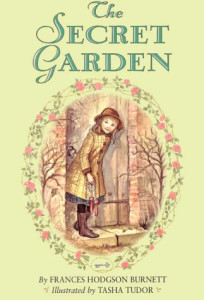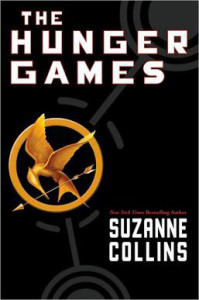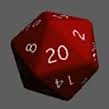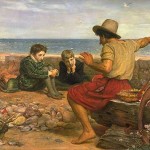Two aliens walked into a bar. “Greetings, Earthling,” they said to the bartender. “Take us to your leader!”
That was the point where Dar’xyl threw the book across the room. “Human authors can’t write us worth scrap!”
#
While I was studying for my Master’s degree in English, I sat through several classroom arguments to the effect of, “This (male) author can’t write realistic female characters; this (female) author fetishizes gay men when she writes; this (Black) author shouldn’t write a book about Native Americans; no, wait, it’s okay when this Black author writes about Native Americans, but not when these White authors do.” I left these classes wondering if I dared ever write about anyone who came from a culture, ethnic origin, religion, sexual orientation or any background and experience different from my own.
If I only wrote characters rooted in my own personal experience, all the people in my stories would be female, white, under 40, Canadian, and of German, English or Jewish heritage. There would be no Asian people, no transgender people, no Muslim people, no elderly people, and no men. The setting would always be late-twentieth or early-twenty-first century, Planet Earth.
I wouldn’t want to write in this world. It’s got no relation to the world around me—it doesn’t feel real—and I’ve yet to think of a compelling and logical reason why it would be peopled only with characters whose experiences parallel my own. In order to write a realistic, compelling world, you’ll probably have to create at least a few characters whose experiences are rooted in backgrounds you don’t share (unless you’re writing about, for example, an isolated village in China where everyone is probably Chinese; or a colony where a plague has killed all the men; or another scenario where minimal diversity is a critical component of the setting).
On the other hand, it’s one thing to make your character a different faith, gender, age or ethnicity, but another thing to write such a person realistically. Oftentimes authors, sometimes unconsciously, fall into stereotypes when they try to write from a different point of view. Take some time to do some research and understand what experiences, attitudes, and cultural values might shape such a person’s thinking and worldview. Choose carefully what story you want to tell – is it a story best told by someone with personal experience? For example, I’m comfortable writing a story with a gay male lead, but I’m not comfortable writing a story about what it’s like to be a gay man in modern Canada.
Also understand that just because two characters come from the same religion/ethnic background/culture/etc., doesn’t mean their worldviews are going to be the same. Losing an arm, for example, will be a different experience for the rich person who buys a cutting-edge prosthetic limb than it will be for the poor thief who now has to make a living with just one hand. Being Black is going to be a different experience for the Black kid who’s the only Black person in her entire high school than it is for the Black kid who grows up surrounded by a community – and that community’s experience will differ depending on if it’s in 1990s Nova Scotia or 1960s Alabama. Being Christian can run the gamut from Mother Teresa to the Westboro Baptist Church, and so on.
The best weapon in the writer’s arsenal is the ability to imagine and empathize with another’s point of view. This was a challenge to me in a recent short story in which the main character is a religious leader, but his own belief is best described as agnostic. I was tired of – yes, a stereotype, in which every character who is a religious leader is always either highly devout, or else utterly corrupt. I wanted to create a character who wrestles with his faith, who tries to fulfill the duties of his job despite deep personal misgivings.
I’ve always been a strongly religious person, so I had to imagine: what experiences made this person an atheist in his youth? What experiences made him suspect that there might be a God after all? Why did he choose his current faith over all the others? Why is he still unsure that his God is real? Writing this character helped me imagine an experience different from any I’ve ever had myself.
This is one of the great powers of fiction: the ability to make the reader understand, empathize, and see the world through different eyes—to experience what it’s like to be someone else. Sometimes that “someone else” is a person of a different gender, ethnicity, faith, age…the list goes on. This power challenges the writer to provide a view that doesn’t simply reinforce cultural stereotypes. And even though the story might be fiction, the understanding of how that point of view feels from inside, can linger long after the story is over.
*If you’re curious – you can meet Shaman Pasharan, Sigil of the Silver Future, in the upcoming EDGE anthology Tesseracts 18: Wrestling with Gods, in a story entitled “Burnt Offerings.”






